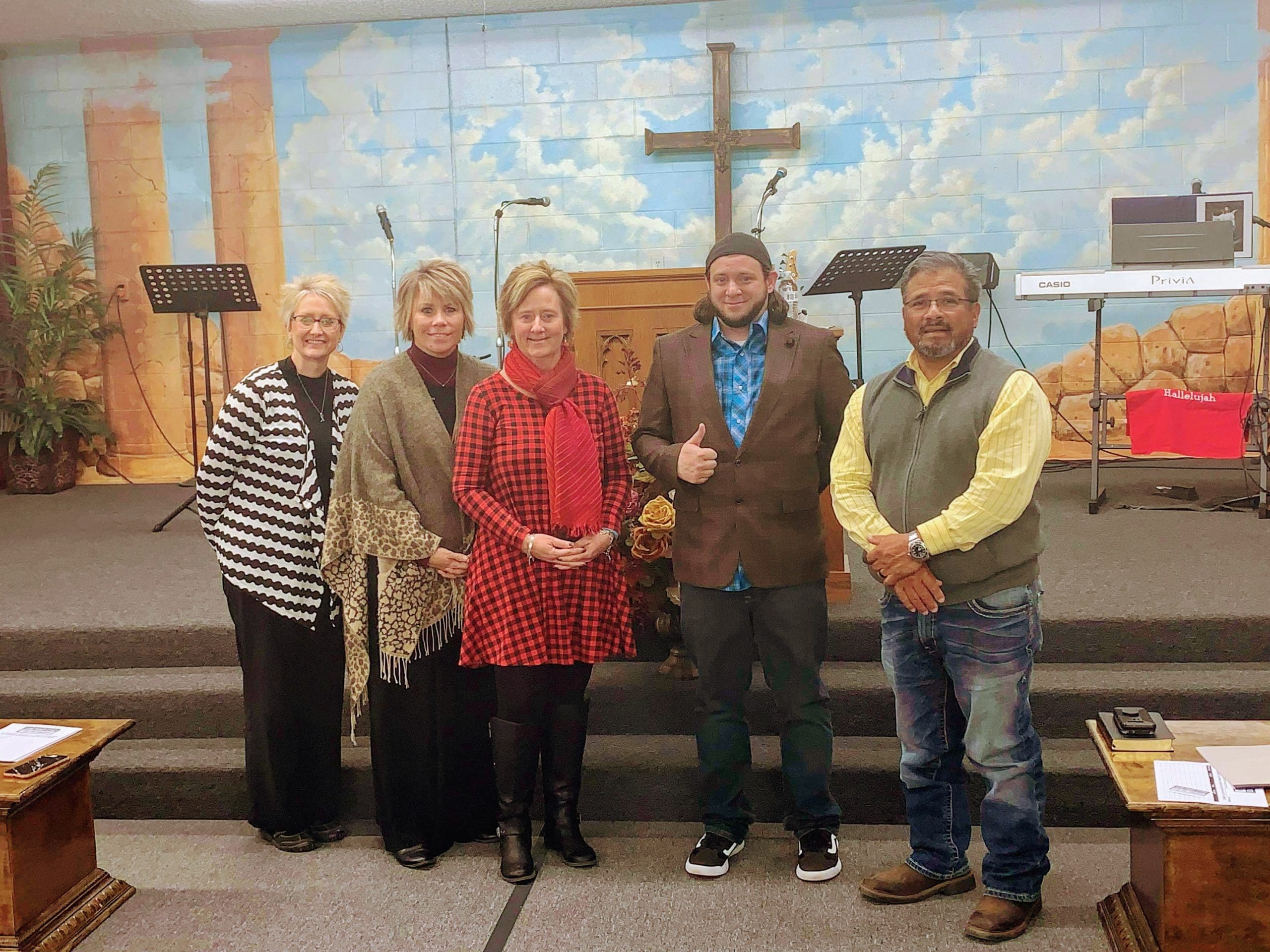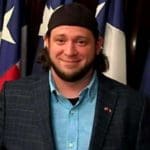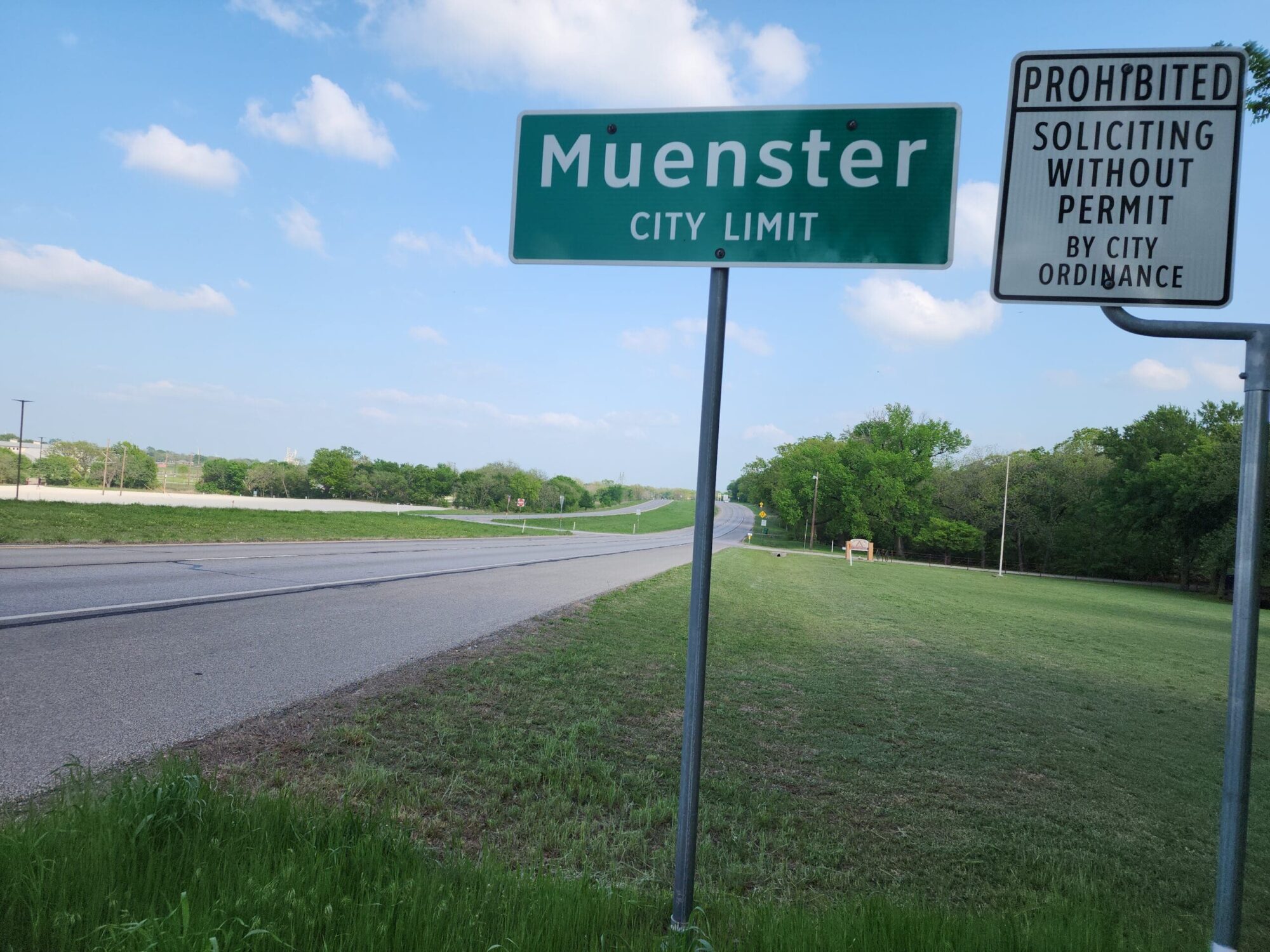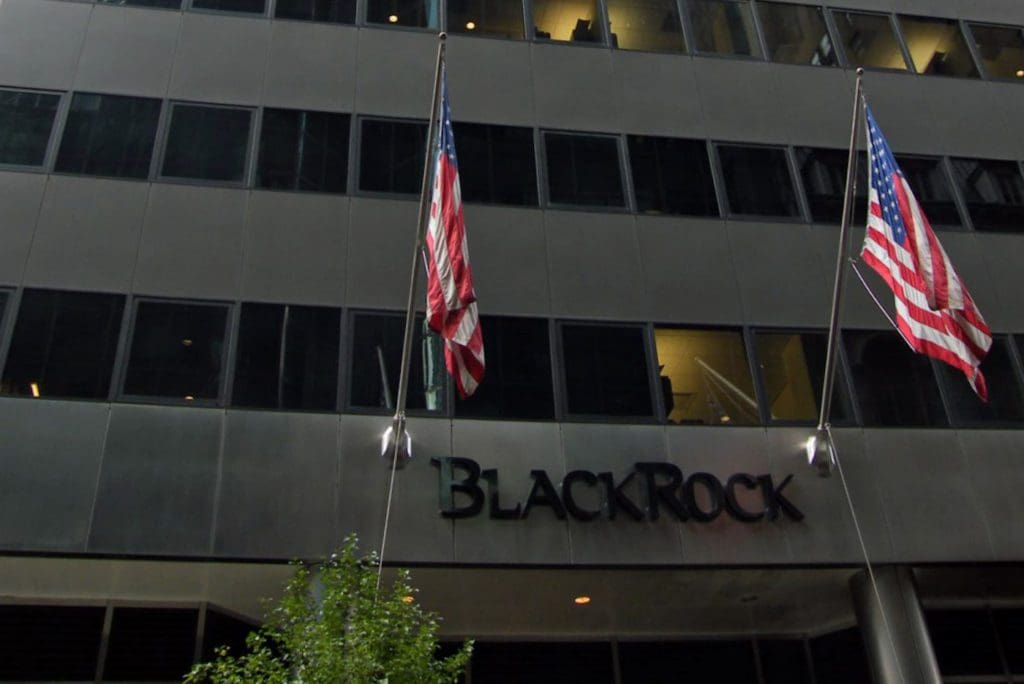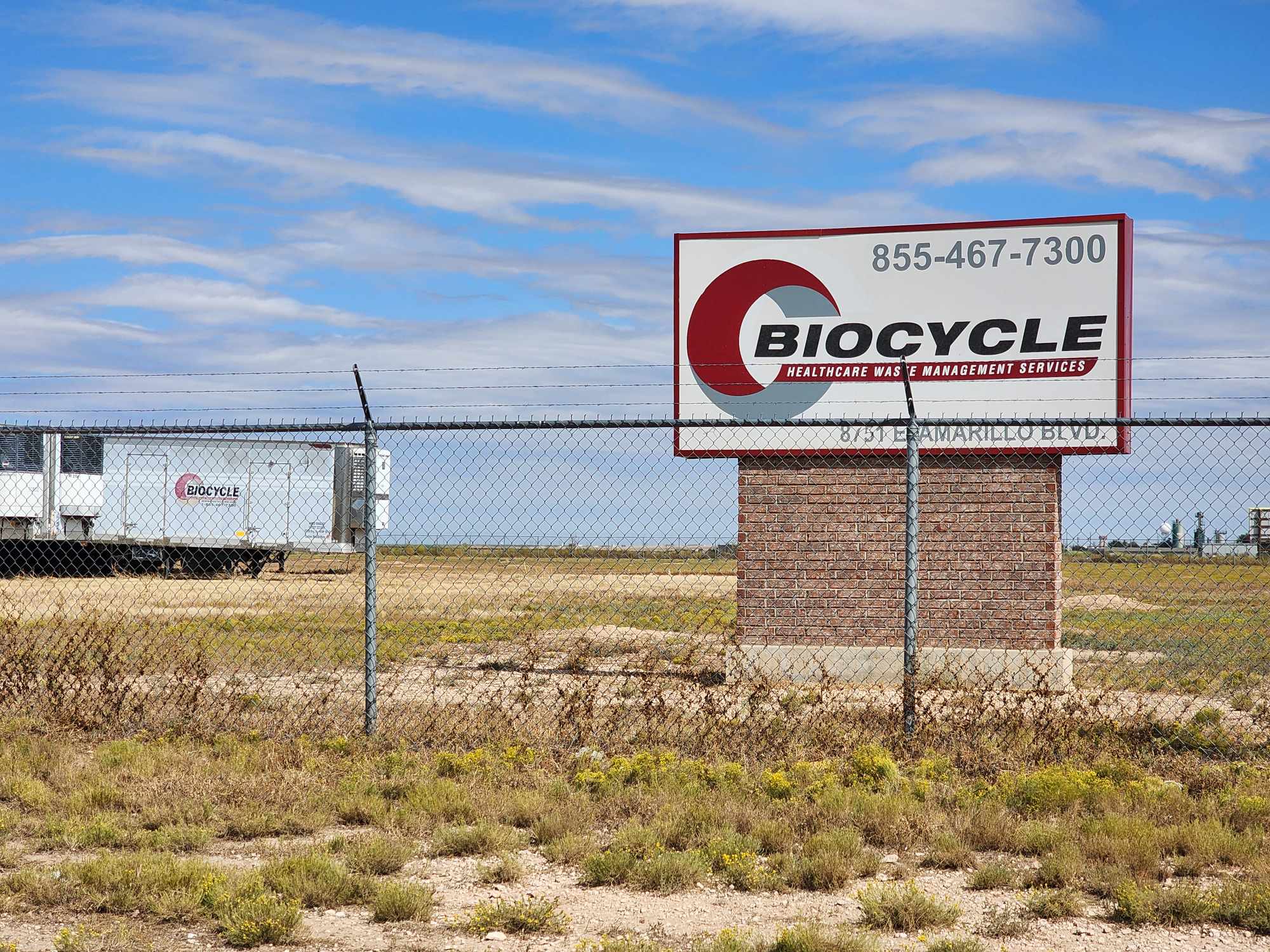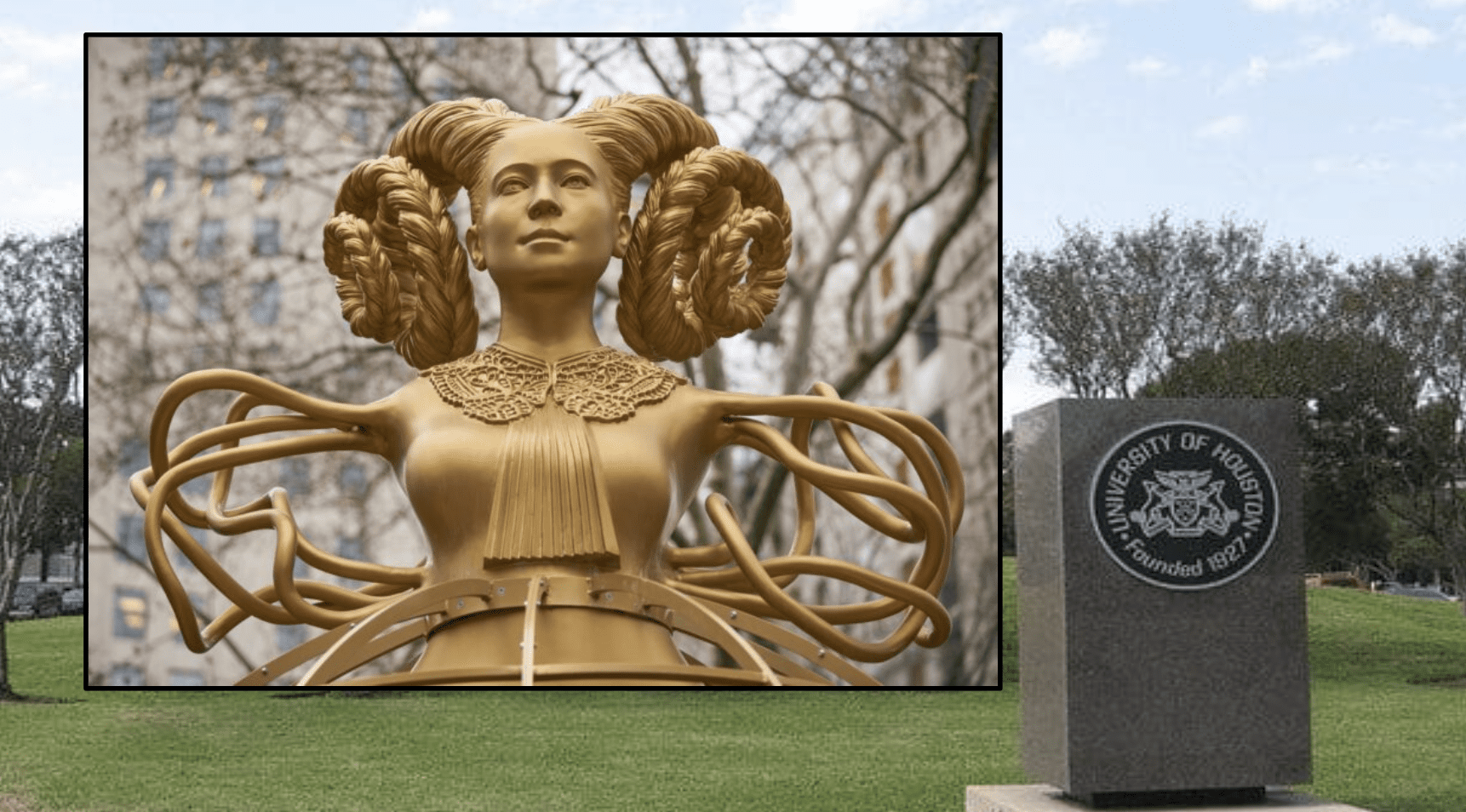On May 1, 2021, the citizens of Lubbock will vote for or against the enacting of an ordinance that would immediately outlaw the act of abortion within the city limits. While the vote in Lubbock is over four months away, do not expect the Sanctuary Cities for the Unborn Initiative to take a break until then. Sanctuary Cities for the Unborn interest meetings are taking place this month in Odessa, Texarkana, Arkansas, and in Naples, Florida.
Right now, the focus is on Odessa, where we are receiving signed petitions on a daily basis from Odessans wanting the act of abortion outlawed in their city.
The last city to pass an ordinance outlawing abortion was the City of Ackerly, which unanimously passed their ordinance on December 1. Even though Ackerly is about 78 miles away and has a population of only 251 people, the news of another city outlawing abortion caused more interest to be raised in Odessa.
The possibility of a city like Odessa, with a population of 123,334 people, outlawing abortion was completely within reason. After all, since 17 cities had now done it, and since Lubbock would be voting on this measure in May of next year, what was stopping Odessa from the consideration of this ordinance?
These were some of the ideas that led Odessa resident Shaye Lane to organize a Sanctuary Cities for the Unborn interest meeting on Sunday, December 6, at River of Hope Church. Lane serves at the church as the associate pastor. The meeting was full of people who were passionate about seeing Odessa become one of the next cities to outlaw abortion within their city limits.
When asked why this issue was important to her, Lane shared:
I was faced with the words “Why don’t you have an abortion?” upon sharing the joyous news of me being pregnant nearly 25 years ago. I never thought I would hear those words from anyone, and I would never consider it, even though my marriage was heart-wrenching, to say the least. I had a life inside of me, and I knew she was a gift from God. A gift of promise and hope. A child with an amazing future.
Lane continued to share about how that child has provided her with three grandchildren. “When I hear of opportunities for growth and gathering people to advance the kingdom of God, well, I am in! It was my honor to gather those of like-minded faith, with a heart for the unborn, to come together for an informational meeting to move forward to make Odessa a ‘Sanctuary City for the Unborn.’”
The concern among the people of Odessa is valid. After all, it was not too long ago that Planned Parenthood name-dropped several cities in West Texas where they would like to see abortion access restored or expanded. Those cities included Abilene, Lubbock, Midland, Odessa, and San Angelo. Earlier this year, Planned Parenthood announced the opening of a facility in Lubbock, where they are planning on committing ongoing acts of abortion sometime during the next year.
The proposed Odessa ordinance states, “It shall be unlawful for any person to procure or perform an abortion of any type and at any stage of pregnancy in the City of Odessa, Texas,” and, “It shall be unlawful for any person to knowingly aid or abet an abortion that occurs in the City of Odessa, Texas.” If enacted, the Odessa ordinance would immediately outlaw abortion within the city limits and contains both public and private enforcement mechanisms.
The public enforcement mechanism, which can also be described as the delayed enforcement mechanism, establishes fines against the abortionist and anyone who aids and abets the abortionist for any abortion taking place within the city limits. The penalties under this section of the ordinance cannot be imposed unless the “individual seeking to impose the penalty . . . has determined that the imposition or threatened imposition of this penalty . . . will not create an ‘undue burden’ on women seeking abortions,” OR the “person, corporation, or entity who committed the unlawful act . . . lacks standing to assert the third-party rights of women seeking abortions in court,” OR the Supreme Court overrules Roe v. Wade (1973) and Planned Parenthood v. Casey (1992).”
The private enforcement mechanism, which can be described as the immediate enforcement mechanism, is not delayed and is not dependent upon Roe v. Wade being overturned, but is immediately enforceable. The Private Enforcement section of the Odessa ordinance states, “Any person, corporation, or entity that commits an unlawful [abortion] . . . other than the mother of the unborn child that has been aborted, shall be liable in tort to a surviving relative of the aborted unborn child, including the unborn child’s mother, father, grandparents, siblings or half-siblings. The person or entity that committed the unlawful act shall be liable to each surviving relative of the aborted unborn child for: (a) Compensatory damages, including damages for emotional distress; (b) Punitive damages; and (c) Costs and attorneys’ fees.”
Section F4 of the Odessa ordinance states, “Private enforcement . . . may be brought against any person, corporation, or entity that commits an unlawful act . . . upon the effective date of the ordinance, regardless of whether the Supreme Court has overruled Roe v. Wade, 410 U.S. 113 (1973), or Planned Parenthood v. Casey, 505 U.S. 833 (1992), and regardless of whether the current jurisprudence of the Supreme Court permits states and municipalities to punish those who violate abortion prohibitions.”
Denise Swanner, a candidate for Odessa City Council, attended the Sunday night meeting. She shared that she had experienced, on a personal level, the power of adoption.
“I would love for Odessa to become a sanctuary city for the unborn,” she said. Swanner went on to explain how her life experiences deepened her pro-life convictions. “My daughter’s birth-mother placed my daughter in my arms 25 years ago. I will never forget when my daughter’s birth-mother quoted 1 Kings 3:26 to me and how the Lord had placed that verse heavy upon her heart. After she quoted this verse, she said to me, ‘Rather than kill my child by abortion, I give her life,’ as she placed her daughter in my arms.”
Swanner is not the only candidate for Odessa City Council in support of the ordinance.
Mayoral candidate Javier Joven and city council candidate Mark Matta are also in support. Matta shared, “I pray that this city, the city of Odessa, becomes a sanctuary city for the unborn. It’s time to stand up, and protect, and be the voice for the innocent lives that have been killed.”
It is uncertain if the candidate’s opponents in the December 15 runoff election will support the measure to outlaw abortion. Regardless, one thing is certain: The December 15 election will be a runoff election that many in both the pro-life and the pro-choice community will be watching closely.
The closest city to Odessa to have enacted a version of the ordinance is the city of Big Spring (population 28,162), located about 60 miles east of Odessa. At this time, no city in West Texas has been sued for enacting the Sanctuary Cities for the Unborn ordinance. In late February, the ACLU sued seven cities in East Texas over their versions of the ordinance, but they withdrew their lawsuit three months later. Abortion remains banned in every city that was sued, and the lawsuit did not cost the cities or taxpayers one cent.
Despite the many obstacles the Sanctuary Cities for the Unborn ordinances have faced, the ordinances have received much support from across the State of Texas. Senators and representatives have written a letter in support of cities passing the enforceable ordinances; the Republican Party of Texas encouraged cities to pass enforceable ordinances prohibiting abortion within their city limits to be one of the planks in their 2020 Party Platform; and when a law firm with family ties to Planned Parenthood discouraged the City of Lubbock from passing the ordinance, attorneys from across the state of Texas wrote in support of it.
Odessa residents who wish to see abortion outlawed within their city limits are encouraged to sign the online petition, which can be found here: www.sanctuarycitiesfortheunborn.com/online-petition
For more information about the Sanctuary Cities for the Unborn Initiative, people are encouraged to visit www.sanctuarycitiesfortheunborn.com.
This is a commentary republished with the author’s permission. If you wish to submit a commentary to Texas Scorecard, please submit your article to submission@texasscorecard.com.
